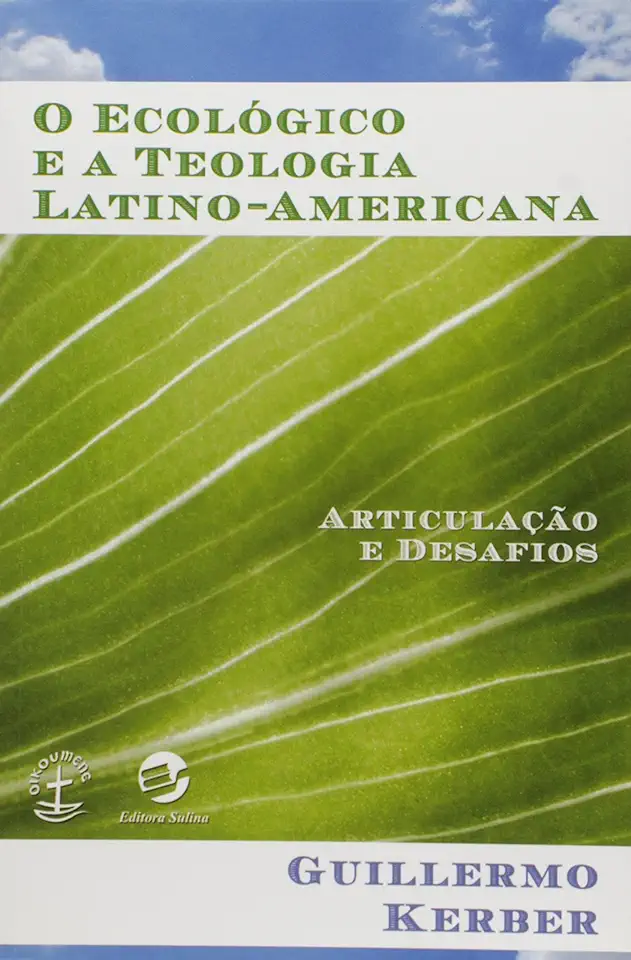
The Ecological and Latin American Theology - Guillermo Kerber
The Ecological and Latin American Theology: A Book Review
In "The Ecological and Latin American Theology," Guillermo Kerber offers a comprehensive and thought-provoking exploration of the relationship between ecology and theology in the context of Latin America. Kerber argues that the ecological crisis is a profound spiritual crisis, and that a new theological framework is needed to address it. He draws on the insights of liberation theology, indigenous spirituality, and ecological science to develop a theology that is both ecologically sound and socially just.
A Call for a New Theology
Kerber begins by arguing that the ecological crisis is a symptom of a deeper spiritual crisis. He points out that the dominant economic and political systems are based on a worldview that sees nature as a resource to be exploited, rather than as a sacred gift to be cherished. This worldview has led to a devastating destruction of the environment, and it is also contributing to social injustice and poverty.
Kerber argues that we need a new theology that can help us to overcome this crisis. This theology must be based on a deep respect for nature, and it must also be rooted in the experiences of the poor and marginalized. Kerber draws on the insights of liberation theology, indigenous spirituality, and ecological science to develop a theology that meets these criteria.
Liberation Theology and Ecology
Liberation theology is a theological movement that emerged in Latin America in the 1960s. Liberation theologians argue that the Bible calls us to work for the liberation of the poor and oppressed. They also argue that the ecological crisis is a form of oppression, and that it is therefore a matter of social justice to work for environmental protection.
Kerber draws on the insights of liberation theology to develop an ecological theology that is focused on the needs of the poor and marginalized. He argues that the ecological crisis is a threat to human life and dignity, and that it is therefore a moral imperative to work for environmental justice.
Indigenous Spirituality and Ecology
Indigenous spirituality is another important source of inspiration for Kerber's ecological theology. Indigenous peoples have a long history of living in harmony with the natural world, and their spiritual traditions offer valuable insights into how we can live more sustainably.
Kerber draws on the insights of indigenous spirituality to develop an ecological theology that is rooted in the wisdom of the earth. He argues that we need to learn from indigenous peoples how to live in harmony with the natural world, and how to respect the sacredness of all life.
Ecological Science and Theology
Ecological science is another important source of inspiration for Kerber's ecological theology. Ecological science provides us with a deep understanding of the natural world, and it can help us to develop sustainable ways of living.
Kerber draws on the insights of ecological science to develop an ecological theology that is based on sound science. He argues that we need to use our scientific knowledge to protect the environment, and that we need to develop new ways of living that are in harmony with the natural world.
Conclusion
"The Ecological and Latin American Theology" is a powerful and inspiring book that offers a new vision for the future of our planet. Kerber's ecological theology is a call to action, and it is a source of hope for a more just and sustainable world.
If you are concerned about the ecological crisis, and if you are looking for a new way of thinking about the relationship between ecology and theology, then I highly recommend reading this book. It is a book that will change the way you think about the world, and it will inspire you to take action to protect it.